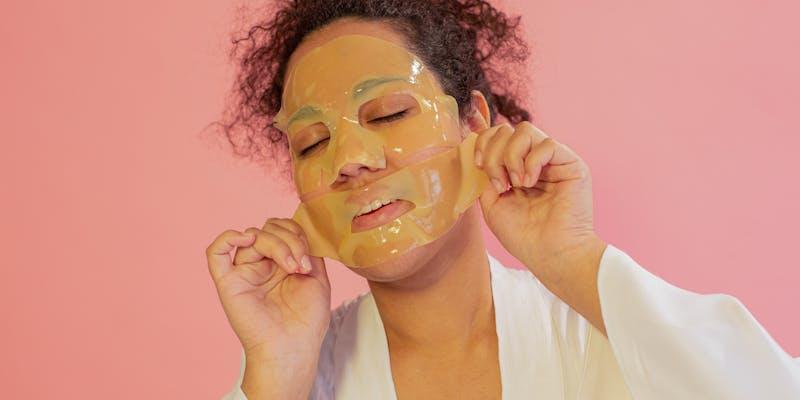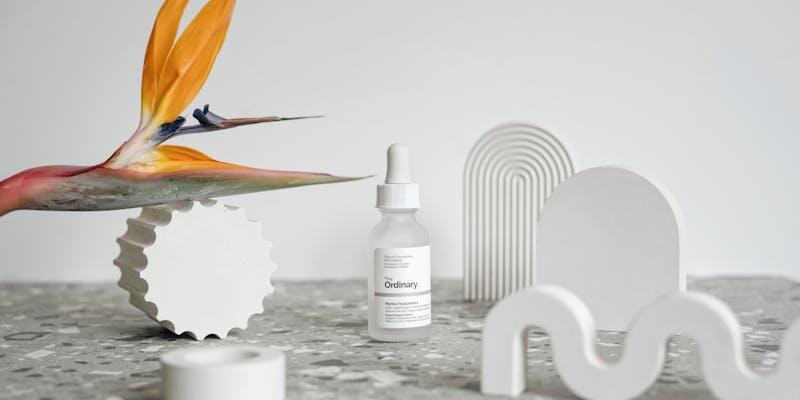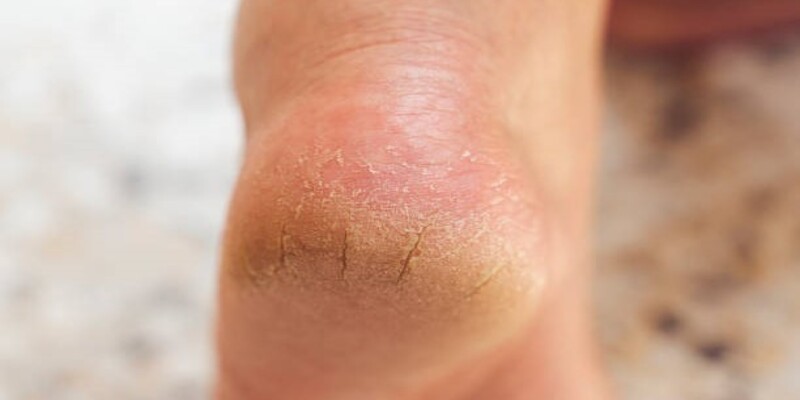Vitamin C is a skincare antioxidant superstar. Regenerates prematurely aged skin, protects it from pollutants, and cures damage. This antioxidant's anti-inflammatory capabilities protect the skin from free radicals and UV light. Vitamin C accelerates wound, eczema, and other chronic inflammatory skin problem healing, among other advantages.
Knowing which products work together helps you establish the ideal skincare regimen for your skin type and tone. Vitamin C helps all skin types. As you choose the vitamin C serum, moisturizer, toner, and other products you want, consider how well they will complement your skincare routine. Next are a few ingredients that can be combined with Vitamin C.
Hyaluronic Acid
Vitamin C and hyaluronic acid together better than retinol and vitamin C and affect the glow your skin wants most. But it has it healthy and healthy too. Hyaluronic acid ensures a velvety and radiant face thanks to its extraordinary ability to retain moisture. Your skin's natural moisture balance may be restored by using its remarkable moisturizing capabilities. When combined with vitamin C, this substance relaxes sensitive skin. Vitamin C is harmless for most skin types; however, minor irritation may occur. Because of its water-attracting qualities, hyaluronic acid helps the skin maintain moisture and feel healthier.
Since inflammation causes skin dryness and roughness, this combination is important. Hyaluronic acid may alleviate these symptoms more than other skincare products since it pulls water to the skin. Hyaluronic acid and vitamin C synergy nourish, soothe, and renew skin. This ingredient contains vitamin C, which helps the skin maintain hydration and glow. When you unite, you get harmony, not water. Vitamin C protects and brightens skin by neutralizing free radicals. Hyaluronic acid prevents wrinkles by moisturizing skin. Both products improve skin from all perspectives, making them ideal for high-quality skin care.
Vitamin E

Topical use of vitamins E and C has a healing effect compared to combining retinol and vitamin C on the skin due to their synergistic behavior. This synergistic combination makes free radical and UV damage protection easier than ever. Truthfully, these antioxidants shield skin from various types of UV radiation in their special way. Combined, they block the whole UV spectrum, making them an even more efficient UV protector for skincare products and serums. This is the best way to delay the aging process that the sun and other environmental variables may bring about in some people.
Therefore, what is the significance of this at this point? Ultraviolet radiation from the sun may cause harm to more than only the skin. Too much time in the sun increases the likelihood of developing skin cancer and other major health problems, including accelerated aging. Vitamins C and E, antioxidants, shield your skin against assaults that might cause these chronic issues. Vitamin E- and C-enriched skincare products protect your skin twice. Vitamin C is noted for improving skin tone and collagen development. Vitamin E moisturizes and heals skin cells. They refresh and sunblock skin.
Retinol
In anti-aging skincare, retinol and vitamin C work well together. Given that they are both anti-aging, combining them may boost effects. Combine the two for different results. Dermal vitamin C absorption is best at an acidic pH range of 13.5. Resinol thrives in pH 5.56.0 environments. Their pH levels will fluctuate if applied together, reducing effectiveness and skin absorption.
You may choose one of these two effective components. Expert skincare guidance is one way to obtain the best of both worlds. Since vitamin C boosts antioxidant defenses, sunscreen in the morning is more effective. Retinol and vitamin C are appropriate for this technique since they protect against pollutants and UV radiation via their antioxidant properties. Applying retinol and vitamin C before bed is best since they may be hazardous throughout the day. For optimal collagen formation and skin rejuvenation, use it before bed. Nighttime use maximizes the potency of this molecule, which protects retinol and vitamin C from sunlight.
Glutathione
Antioxidants like vitamin C or glutathione are rule-based in their relationships. It triggers collagen formation, resulting in well-hydrated and taut skin. Besides, skin tone is consistent, and they feel hyperpigmentation decreases. Antioxidants safeguard the skin from harm by free radicals, which will age the skin faster. This blend will not only brighten your look, but all the skin around it won't negatively impact you. Vitamin C and glutathione, two skin-protective chemicals, boost collagen creation. Proteins like collagen provide skin structure, elasticity, and stiffness. As collagen production declines, skin suppleness and wrinkles decrease. Glutathione and vitamin C help produce collagen; eating them may help keep your skin youthful.
Many people experience anxiety due to hyperpigmentation, which manifests in the skin as dark spots and changes in skin tone. Some medicines, hormones, or sunshine may lead to melasma or hyperpigmentation. Now, we can add glutathione and vitamin C to fade the age spots and make the skin even. The antioxidant activity of glutathione and vitamin C is what makes them famous. Antioxidants reduce free radical speculation inside cells. Pollution and UV radiation may create free radicals that interfere with normal visionalso known as metabolism. Glutathione and vitamin C suppress the negative impact of free radicals and oxidative stress in the cells.

Niacinamide
A combination of vitamin C and niacinamide can be a powerful ingredient to make witch skin more toned and fairer. Each of these components beneficially impacts the skin to some degree. When incorporated into the skin, vitamin C and niacinamide inhibit the transfer of melanin to the epidermis, eliminating dark spot formation. However, vitamin C decreases tyrosinase levels in pigmentation, stopping the production of melanin by this enzyme.
Melanin can induce dark spots on the skin. This is where vitamin C comes in by blocking the production of melanin. Using these two compounds together assists in stilling pigmentation visibility and uniform skin. One of the skincare components is vitamin C and niacinamide. These two factors are powerful when used topically and can result in the texture of the skin and its tone. For those needing a lighter skin tone with less visible black spots or brown stripes, thats a revolution. The total approach involves comprehending melanin in several aspects, which enables the enhancement of your skincare regimen.







